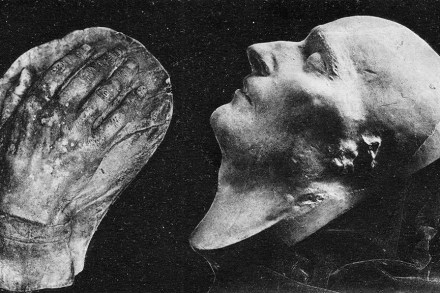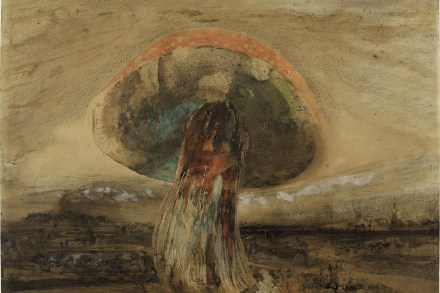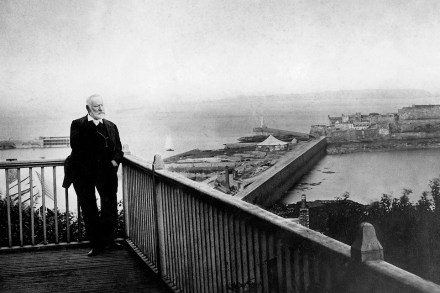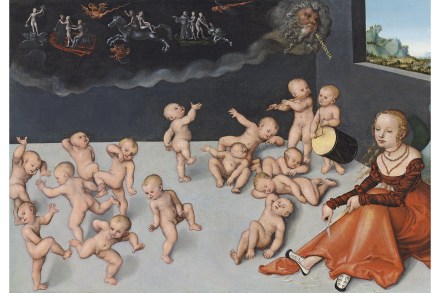‘Death is a very poor painter’: the 19th-century craze for plaster casts
On the morning of 7 May 1821 an urgent task was performed at Longwood House on St Helena. A day and a half previously, the celebrated prisoner for whom this dwelling had been built had died. Obviously it was necessary to make his death mask, and fortunately a British military doctor, expert in such matters, was at hand to do so. So it was that in times to come every bourgeois home in France ‘had its plaster Napoleon’, as Alain Corbin writes in this brief but highly original book. The proliferation of such casts was a feature of the age. Some homes became ‘virtual museums of the dead’. Artists’ sitting




